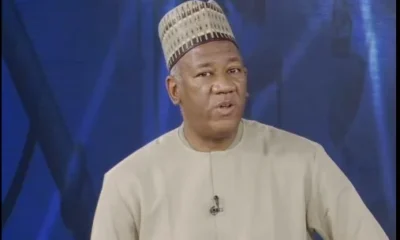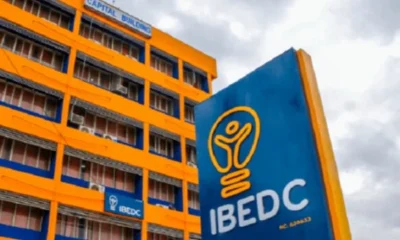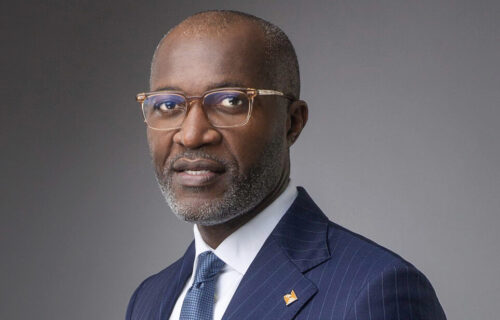The number of deaths from severe flooding in Texas climbed to more than 100 on Monday, as rescue teams continued their difficult search for individuals swept away by the rushing waters.
Among those who died were at least 27 girls and counsellors who were at a youth summer camp located by a river when the disaster struck during the Fourth of July holiday weekend.
Weather experts have cautioned about further flooding risks as rain continues to fall on already saturated ground, making recovery operations harder for the roughly 1,750 personnel involved, using helicopters, boats, and dogs.
“There is still a threat of heavy rain with the potential to cause flooding,” Texas Governor Greg Abbott stated on Monday, warning that the death toll could still increase.
President Donald Trump confirmed plans to visit Texas on Friday, as the White House pushed back against accusations that his administration’s cuts to weather agencies weakened the flood warnings.
“Blaming President Trump for these floods is a depraved lie, and it serves no purpose during this time of national mourning,” said Press Secretary Karoline Leavitt on Monday.
She noted that the National Weather Service, which The New York Times reported had several vacancies in Texas prior to the floods, issued “timely and precise forecasts and warnings.”
Trump described the floods that hit early Friday as a “100-year catastrophe” that “nobody expected.”
Although the president has previously argued that disaster relief should be handled by state governments, he signed a major disaster declaration to release federal funds and provide additional resources.
At least 104 deaths linked to the flooding have been reported throughout central Texas.
Kerr County, where the Guadalupe River flows, suffered the greatest losses, with at least 84 deaths reported, including 28 children, according to the local sheriff’s office.
Among the dead were 27 people who had been staying at Camp Mystic, an all-girls Christian camp hosting around 750 individuals when the floodwaters struck.
Camps are a cherished part of summer in the United States, with children often spending time in rural areas such as parks and woods.
Texas Senator Ted Cruz described the camps as opportunities to make “lifetime friends — and then suddenly it turns to tragedy.”
However, some locals have raised concerns about the lack of stronger flood-warning systems in this region of south and central Texas, often referred to as “Flash Flood Alley” due to its frequent and severe flooding.
Experts have emphasized that the NWS provided timely forecasts, while climate scientist Daniel Swain pointed to failures in “warning dissemination.”
San Antonio resident Nicole Wilson, who almost sent her daughters to Camp Mystic, launched a petition on Change.org urging Governor Greg Abbott to approve a modern warning system.
“Five minutes of that siren going off could have saved every single one of those children,” she told AFP.
During a candlelight vigil in San Antonio on Monday night, people gathered to pray for the victims and express ongoing concerns.
“I was pretty shocked on the gravity of the situation and how big it was, and I wouldn’t necessarily expect that our rivers would rise so quickly,” said Rebeca Gutierrez, 29.
“Hopefully there’s preventative efforts happening in similar areas to make sure nothing to this degree happens.”
In a devastating demonstration of nature’s force, the swollen Guadalupe River rose to the level of treetops and cabin roofs while girls were sleeping inside the camp.
Blankets, teddy bears, and other personal items were left coated in mud.
Cabin windows were smashed, likely from the powerful water currents.
Volunteers assisted in sifting through debris along the river, with some being driven by personal connections to the victims.
“We’re helping the parents of two of the missing children.
The last message they got was ‘We’re being washed away,’ and the phone went dead,” said Louis Deppe, 62, to AFP.
Several months’ worth of rainfall poured down in just a few hours from Thursday night into Friday, with additional rainfall since then.
The Guadalupe River surged by about 26 feet, roughly equivalent to a two-story building, within just 45 minutes.
Flash floods happen when the ground cannot absorb sudden heavy rainfall.
Human-induced climate change has intensified the frequency and severity of extreme weather events such as floods, droughts, and heatwaves in recent years.

 BIG STORY4 days ago
BIG STORY4 days ago
 BIG STORY4 days ago
BIG STORY4 days ago
 BIG STORY4 days ago
BIG STORY4 days ago
 BIG STORY5 hours ago
BIG STORY5 hours ago
 BIG STORY5 days ago
BIG STORY5 days ago
 BIG STORY5 days ago
BIG STORY5 days ago
 BIG STORY3 days ago
BIG STORY3 days ago
 BIG STORY23 hours ago
BIG STORY23 hours ago






















